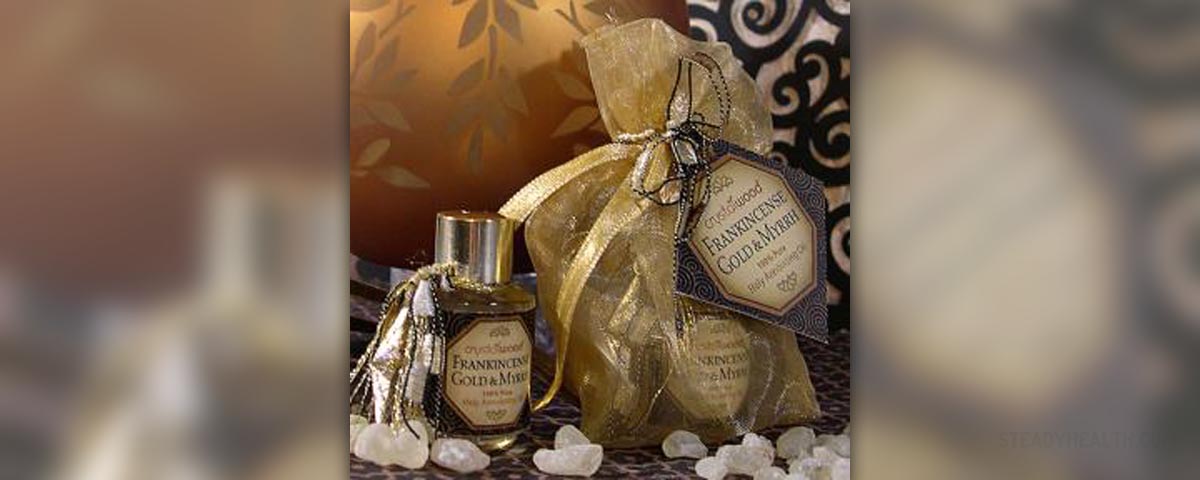
Frankincense
Frankincense is also known as the Oliban or Boswellia. It belongs to the Balsamic family (Burseraceae).It is bushy, bumpy, deciduous tree with a thin crust that is constantly peeling. If the tree is cut a little bit, it emits oily-sticky resin that is collected into so called tears. One Frankincense tree may secret up to 8kg of resin until the end of fall harvest.Today it is known that frankincense tree contains more than 200 different ingredients. The most important is the dairy juice which contains dissolved various resins, rubber, essential oils, bitter substances, mucus and benzoic acid.
Phenols, which occur from incense resins smoke, have an antiseptic effect. That is why incense smoke is used for disinfection of rooms, clothes and objects for everyday use in many African and Asian countries.
After the research about resin incense acid activities, official medicine has begun to be interested in incense as a healing tool. Research has shown that the acid obtained from the frankincense resin, prevents the development of many inflammatory processes, especially rheumatism, asthma and intestinal inflammations. The first hospital studies have confirmed the positive experience of traditional Oriental medicine. Scientists assume that the use of incense will not cause any harmful side effects, which are frequent in the use of certain drugs for treating rheumatism.
Frankincense Oil Health Benefits
Frankincense Oil is obtained by steam distillation of the resin tears. This essential oil is colorless or jonquil. It has warm and balsamic aroma with the touch of lemon and camphor that improves with age. Oil has warming, sobering and calming effect. It is very popular for use during meditation.Frankincense resin has been used as a medicine for even more than 3500 years. In the 5. century BC, Hippocrates recommended chewing chopped incense mixed with honey for treating a cough and lung disease, or just to refresh the breath. Pliny tried to cure heavy poisoning with frankincense, while Arab doctors used it to stop bleeding, heal wounds, vomiting and diarrhea. In ancient China, it was a drug against leprosy and skin diseases, while Avicenna recommended incense against tumors, sores, vomiting, dysentery and malaria.
Frankincense oil has antiseptic, astringent and anti-inflammatory effects. It is used for skin care, acts against wrinkles, acne, ulcers, scars, wounds and hemorrhoids. This oil is also useful in treating respiratory diseases. Besides that, frankincense oil relieves PMS, nervous exhaustion and stress. Since it promotes menstruation, it should not be used in the first three months of pregnancy.
According to the immunology scientists, frankincense oil can be used in treatment of oncological diseases in the near future.
Immunologists from the University of Oklahoma (U.S.) conduct experiments, associated with the separation of an incense resin ingredient, which is probably able to stop the multiplication of cancer cells, performing tests on animals.
Frankincense oil is used in homeopathy, aromatherapy and perfumery in the form of ether oil. It is ingredient of some sort of patches, toothpastes and elixirs.
Frankincense oil:soothes stomatitis and disinfects mouth mucosa soothes cough and helps with cold, flu, sneezing, asthma and bronchitis. helps with inflammations of kidneys, bladder and urinary tube. helps with varicose veins and hemorrhoids. it is a good aphrodisiac helps with infertility. relieves pain in rheumatism, arthritis and gout. relaxes, strengthens nerves, and helps with irritability, restlessness, insomnia and depression. facilitates pain and soothes inflammation of neuralgia, sciatica, lumbago. nourishes dry, sensitive and oily skin, and soothes irritated and inflamed skin, it regenerates and rejuvenates, reduces wrinkles, eliminates stretch marks, and cures acne, herpes, wounds and sores.





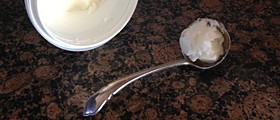


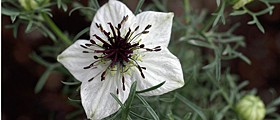

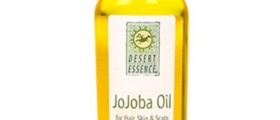




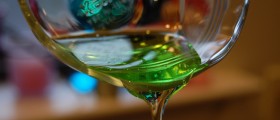

Your thoughts on this
Loading...